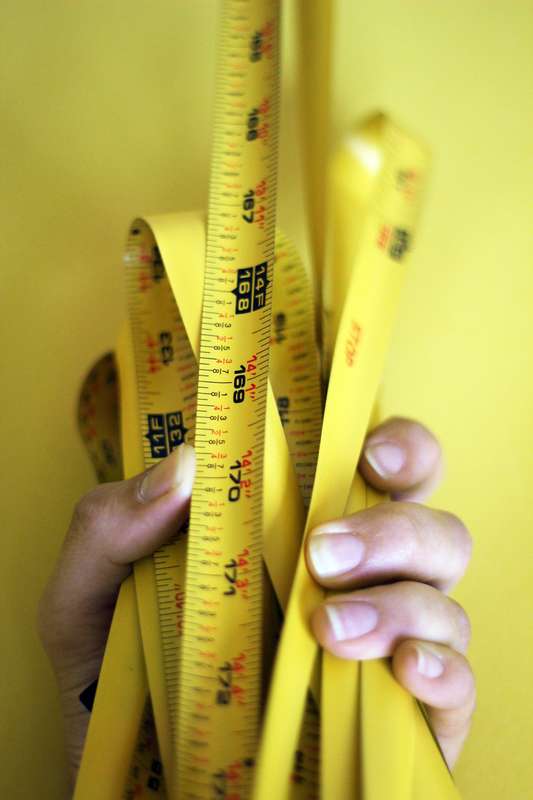That Destructive Comparison Game
★★★★★
 Photo by Elisa Michelet on Unsplash
Photo by Elisa Michelet on Unsplash
“My lunch is better than yours!”
“I don’t like my drawing. Johnny can draw much nicer than I can.”
“It’s not fair that math is harder for me than it is for Katie!”
We elementary teachers often hear proclamations of this nature. While friendly competition can be healthy and motivating, unwise comparisons too often lead to unkind words and discouragement. I have been the mediator in many childish debates. I have been the encourager for students who were harboring an unhealthy self-image because they were comparing their own abilities with the superior abilities of their classmates. I have tried to instill in my students the nastiness of boastful pride. Yet, how many times have I been guilty of playing the comparison game myself? Far too many times!
Dedicated teachers have the desire to do an important job well. This is a good thing, but that same energy can quickly turn into dangerous perfectionism and comparison. Do the following scenarios sound familiar?
- You are happily preparing your classroom for the school year until you peek into another teacher’s room and see all their cutesy décor that centers perfectly around an exciting theme, and suddenly your room seems drab by comparison.
- You see the beautiful artwork hanging in the hallway, produced by students younger than your own, and you wonder what magical tricks that teacher performed in order to get results like that.
- You see the thoughtful year-end gifts that another teacher gave to her students, and you have this sinking feeling because year-end gifts never even crossed your mind.
- You see another class walking quietly down the hall, and you wonder why you can never get all your ducks into such a docile row.
- You peruse Pinterest to find ideas for a project, but all you find is a smothering sense of your own lack of creativity compared to everyone else.
Let me tell you a secret: The ideal teacher doesn’t exist. Somehow, we humans are really good at seeing the varying strengths in other people, especially strengths we do not possess ourselves, and forming this composite ideal image. We then compare ourselves to this impossibly perfect image, find we can never measure up, and experience a paralyzing feeling of inferiority. As a teacher, you notice the talented teachers around you: the Fun Teacher, the Awesome Projects Teacher, Miss Organization, Mr. Motivator, The Teacher Everyone Loves, and of course the list continues. Guess what? No one possesses all those strengths!
While you are wishing for the skills of Miss Organization, she may be admiring your spontaneity and flair for drama. While the Fun Teacher may plan terrific class parties, his students may be failing math. Younger teachers may feel intimidated by the age and experience of older teachers. Older teachers, meanwhile, may wish for the youthful energy and fresh perspective of the young. “But when they measure themselves by one another and compare themselves with one another, they are without understanding” (2 Cor. 10:12b ESV).
We teachers ought to be each other’s best cheerleaders. When you see the strengths of others, commend them. Learn from their expertise. But then, instead of dwelling on all the gifts you wish you had, recognize the many gifts you do have. You have your own strengths—use them!
Related Items
Leave a Reply
Feedback